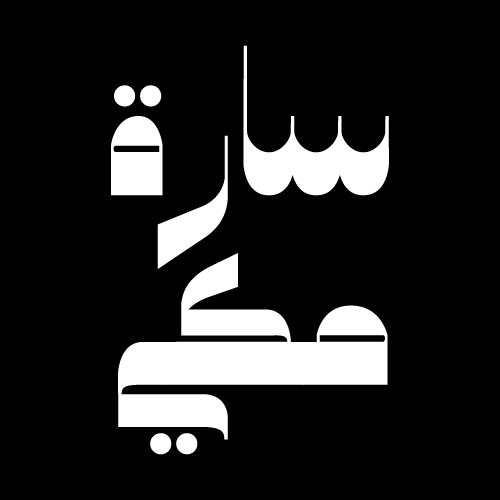
In our increasingly interconnected world, effective communication across languages and cultures has never been more important. As businesses expand globally and individuals connect across borders, the need for professional translation services has skyrocketed. Among the myriad language pairs, the translation from Arabic to English stands out as one of the most in-demand and challenging tasks. In this article, we’ll explore the nuances of navigating multilingual communication from Arabic to English and the vital role of professional translators like Sarah Maki in facilitating this process.
Understanding the Complexity of Arabic and English: Arabic and English are two vastly different languages, each with its own unique characteristics and challenges. Arabic, a Semitic language with a rich literary tradition spanning centuries, is known for its complex grammar, diverse dialects, and intricate writing system. English, a Germanic language widely spoken around the world, is characterized by its flexibility, extensive vocabulary, and nuanced syntax.
Translating from Arabic to English requires more than just linguistic proficiency; it demands a deep understanding of both languages’ cultural nuances, idiomatic expressions, and linguistic subtleties. Translators must carefully navigate differences in sentence structure, word order, and cultural connotations to accurately convey the meaning and tone of the original text.
Navigating Cultural Differences: Effective translation goes beyond mere word-for-word substitution; it requires a nuanced understanding of the cultural context in which the text was written. Translators must be sensitive to cultural differences and adapt their translations accordingly to ensure that the message resonates with the target audience. This may involve localizing content to reflect cultural norms, customs, and preferences, while maintaining the integrity of the original text.
Maintaining Accuracy and Fidelity: Accuracy is paramount in translation, particularly when dealing with technical, legal, or specialized content. Translators must strive to convey the intended meaning of the original text faithfully while ensuring that the translation is clear, concise, and culturally appropriate. This often involves extensive research, consultation with subject matter experts, and attention to detail to avoid mistranslations or misinterpretations.
Leveraging Technology for Efficiency: Advancements in technology have transformed the field of translation, making the process faster, more efficient, and more accessible than ever before. Translation tools and software, such as machine translation and computer-assisted translation (CAT) tools, can aid translators in their work, providing assistance with terminology management, consistency checking, and productivity enhancement. However, while technology can be a valuable tool, it cannot replace the human judgment and linguistic expertise that professional translators bring to the table.
The Importance of Professionalism and Expertise: In an era of globalization and digital connectivity, the demand for professional translation services continues to grow. Professional translators like Sarah Maki play a vital role in facilitating cross-cultural communication, helping businesses expand into new markets, and individuals connect with diverse audiences around the world. With their linguistic proficiency, cultural sensitivity, and attention to detail, professional translators ensure that messages are accurately conveyed, bridges are built, and meaningful connections are forged across languages and cultures.
In conclusion, navigating multilingual communication from Arabic to English requires a blend of linguistic expertise, cultural sensitivity, and technological savvy. Professional translators like Sarah Maki play a crucial role in facilitating this process, helping businesses and individuals overcome language barriers, expand their reach, and connect with audiences around the world. As we continue to navigate the complexities of multilingual communication, let us recognize the invaluable contributions of professional translators in bridging divides and fostering understanding in our globalized world.
